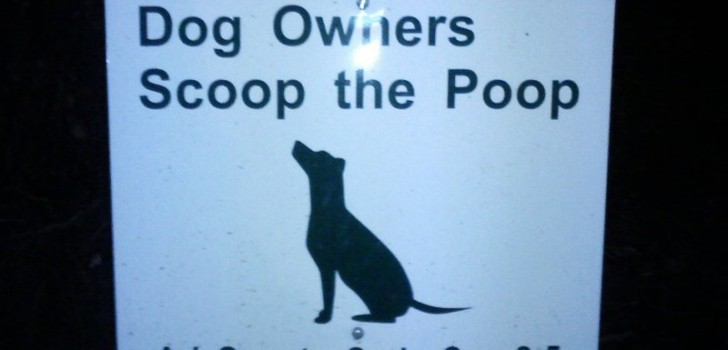It is the bane of towns and cities across the globe: dog poop left on sidewalks and streets by careless and inconsiderate pooch owners. Municipalities have implemented a number of measures over the years in an effort to get owners to pick up after their dogs – with limited success.
However, now cities are getting serious by imposing harsher penalties for those who fail to clean up. They are even implementing cutting edge scientific methods in order to catch the careless owners.
In some cities, fines for not picking up dog poop are similar to the fines imposed for vandalism, running as high as $560 per incident. Such is the case of Tarragona, Spain, where it has become the most recent municipality to use poop DNA analysis in an effort to build a database of the 2,800 dogs registered with the town.
Undisposed of dog waste will be then be tested – after which a fine, including the cost of analysis, will be imposed upon offending dog owners.
Sometimes, just the word getting out about DNA analysis is enough to curb the problem and that’s clearly the intent with the DNA systems.
According to Tennessee company BioPet, more than 1,000 apartment complexes and gated communities are also using DNA analysis to track down dog owners. The company makes “PooPrints” DNA kits and they came on the market about four years ago. Next month, the company will introduce a district-wide program in the London, England borough of Barking and Dagenham, its first customer.
Other cities are taking a different approach by proposing to turn dog poop left on the streets into fertilizer. In New York City, “Sparky Power” was introduced to the city by Ron Gonen, the former head of recycling. The plan proposes to place poo digesters throughout the city’s parks for dog owners to place their pooch’s poop. The digester will then generate energy sufficient to run lamps and run park equipment.
The question remains, however, that if owners struggle to even pick up their dog’s poop, will they take the effort to find a poop digester? Clearly many cities are saying ‘No’ and opting for high technology and large fines.
Stay Connected